School library digitizes, expands catalog via online reading app

The library has digitized its collection on the online reading app “Sora.” Students can borrow e-books from the school and a consortium of public libraries.
March 15, 2021
An earlier version of this story contained incomplete information about the library’s COVID-19 precautions.
The pandemic has limited access to the school library and posed risks to lending out its books. School librarians have adapted by digitizing and expanding the school’s collection on an online reading app.
The reading app “Sora,” which allows students to read and annotate titles from the Friends collection and other public libraries online, has made e-books available to students through the pandemic. The school’s magazine collection has also been moved a separate app called “Flipster” that is downloadable in the app store.
Adrienne Almeida, Director of Middle School and Upper School Library Services, and Paula Zamora-Gonzalez, Lower School Librarian, initiated the library’s digitization in March as the pandemic sent the community home and threatened to add a layer of dust to the school’s bookshelves.
“In the middle of March, when we were all cast out without any idea of how much was about to change, every library on the planet was trying to be Sora’s customer,” Almeida said. “Thankfully, we ended up with an awesome team with great customer service, which makes me feel less alone.”
Almeida is excited that the library is able to expand access to an even wider range of books. Students can access digital public collections with their library cards.
“[Sora] is a consortium of libraries that we have become a part of so we are able to open up the offerings that are new. Now it is a whole conglomerate of libraries, ” she said.
Sora also enables students to annotate texts and use a dictionary feature to define and keep a log of words.
Despite the reading app’s benefits, Almeida did say that digital books have their shortcomings – and that physical books have an irreplaceable charm.
“I think that the only struggle is that it’s not a physical book,” she said. “Sometimes you want to be able to [get] cozy with the paper, but physical library books right now are not safe [without a seven day quarantine].”
To reopen the library, Almeida is involved with the REALM Project – which stands for Re-opening Archives, Libraries, and Museums – and is working on finding the safest ways to reopen libraries. The Library has taken steps to make the distribution of its physical collection possible, including implementing a 7-day quarantine on returned items before they are placed back into circulation.
Still, even after the pandemic, Adrienne said that Sora will continue to be an important part of the school library after the pandemic.
“I have every intention of incorporating Sora into our school library when it reopens,” she said. “Our library is a K-12 space which means that we have limited space for a lot of books and I would love for us to be able to have our favorites that we know are going to be in use a lot, online.”
Almeida is hopeful that digital reading options will comfort students through this strange year.
“I’m tired of all the negatives in the world,” she said. “So let’s do what we can to make this new library work for everyone, because what other choice do we have?”
For help and more information about the Friends Seminary library, visit their information page.

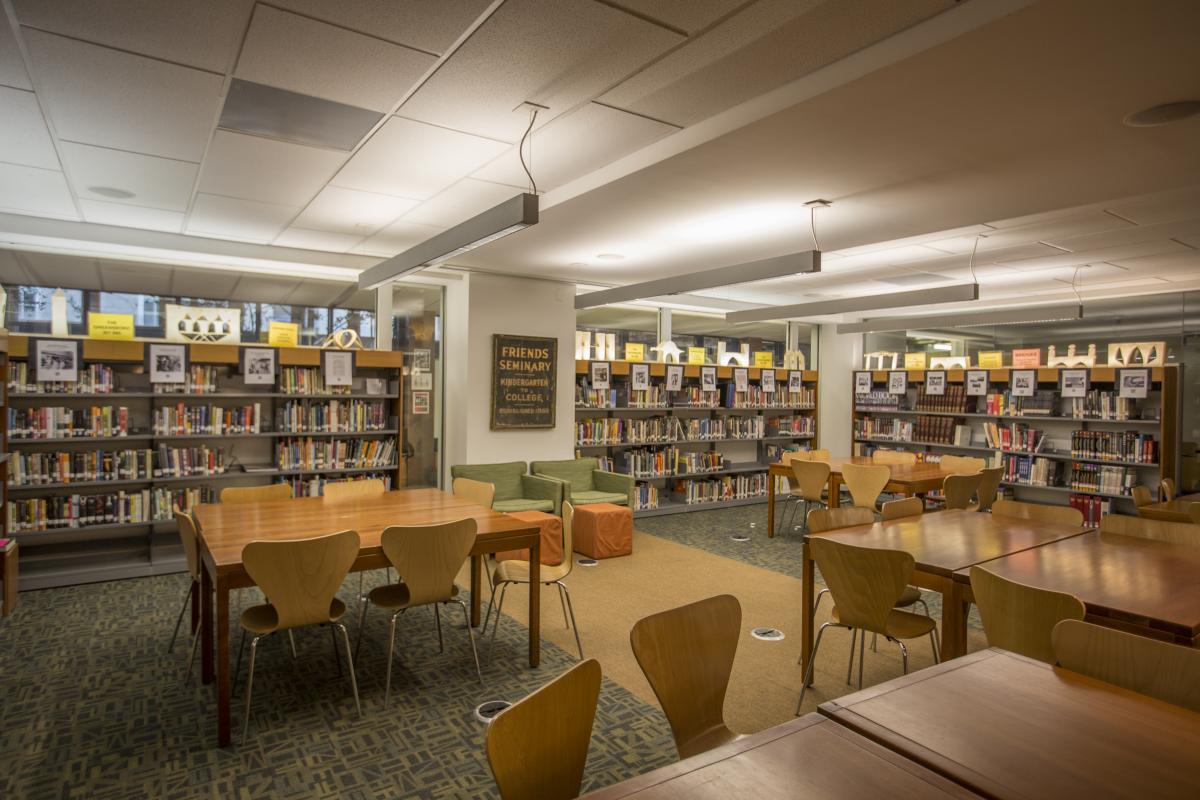


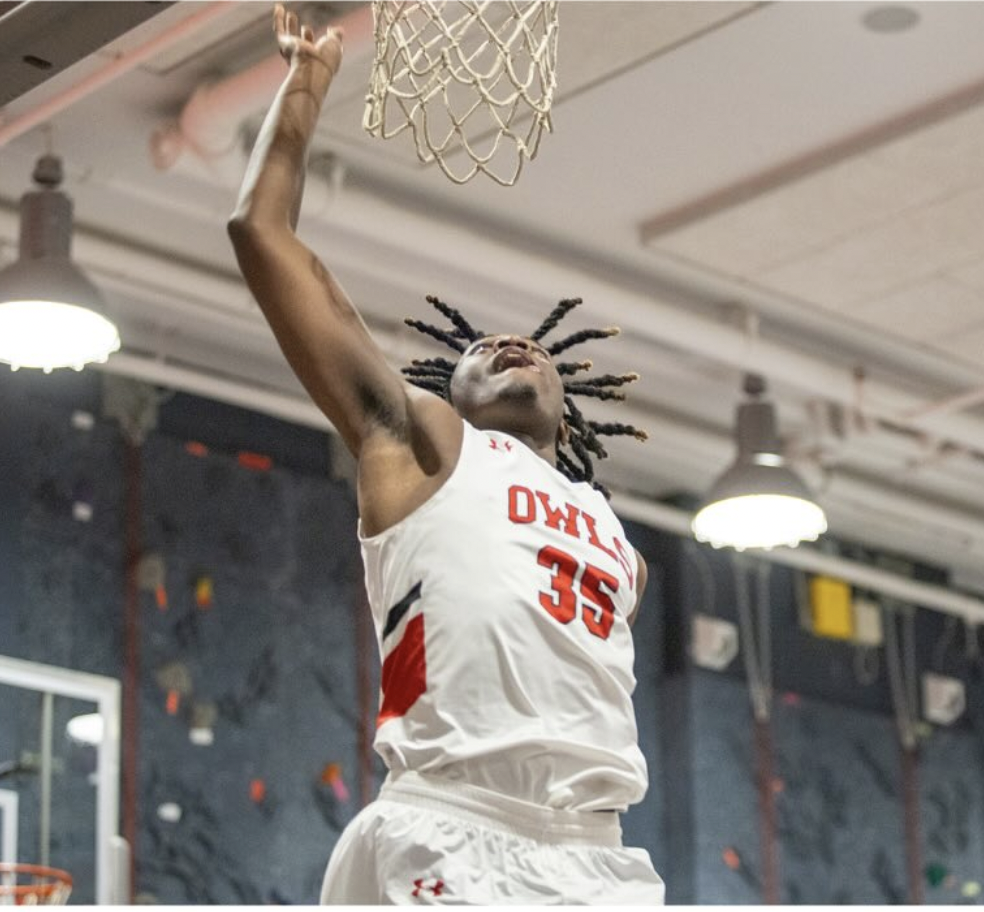

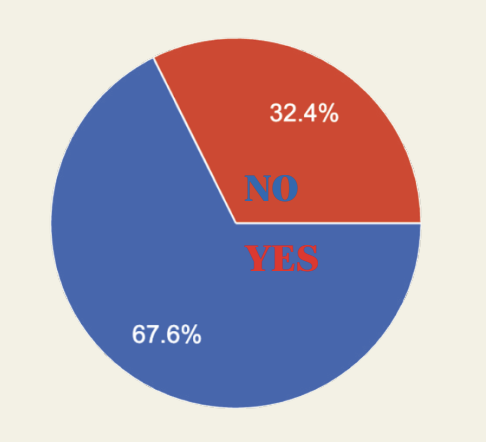

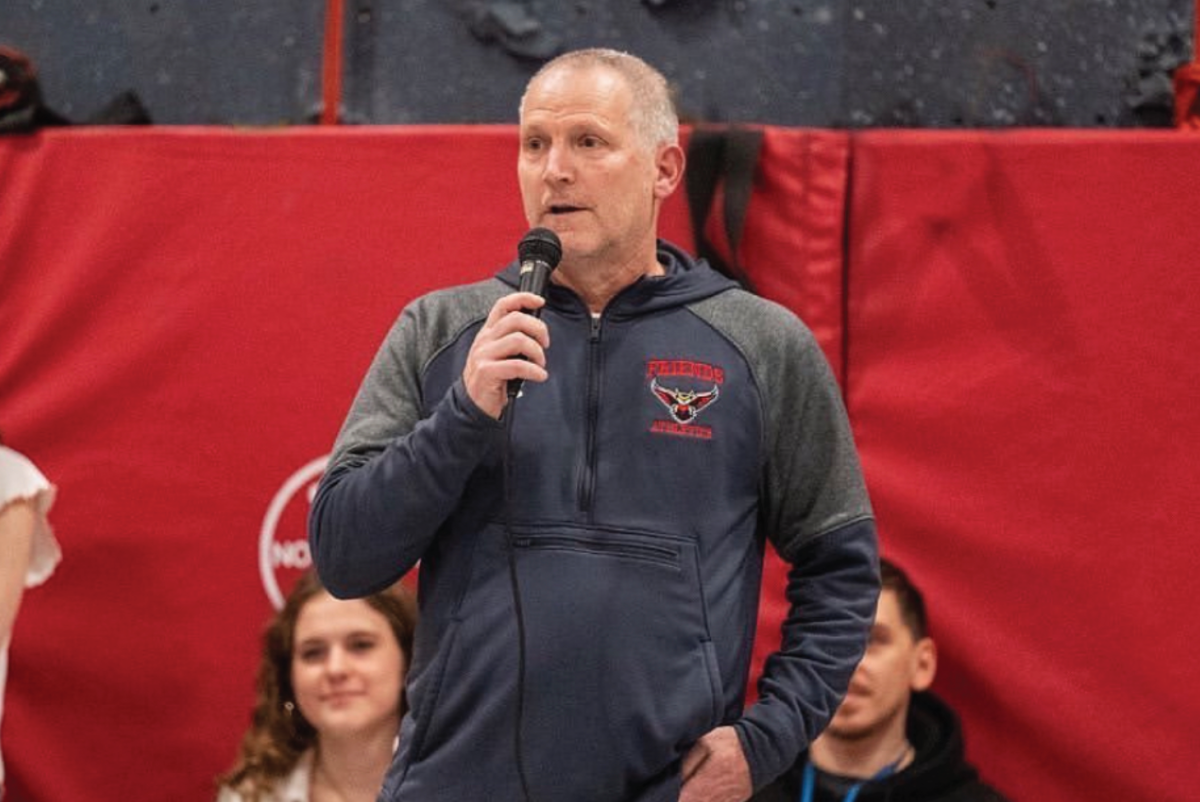

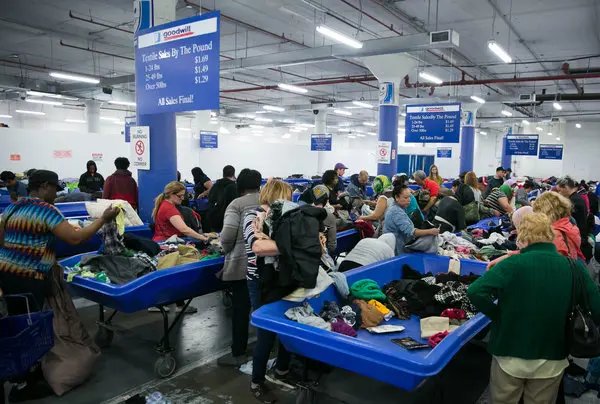

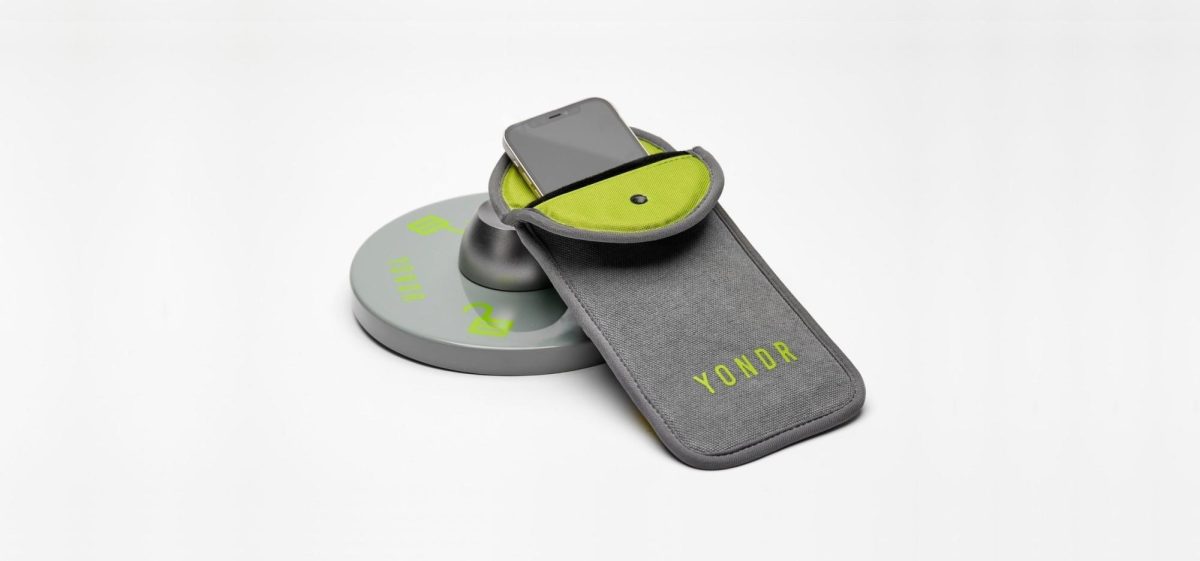




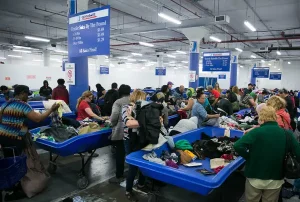
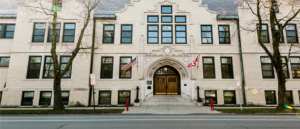
Bo • Apr 10, 2021 at 4:25 pm
Great article and Sora would be a boon for our library pandemic or not!
I just want to point out that it is a valuable asset for adults in the community as well. I just read the introduction to “The Last Interview” of Toni Morrison, something I may not have even known about without Sora’s incredible engine.
Keep up the great work!
Bo